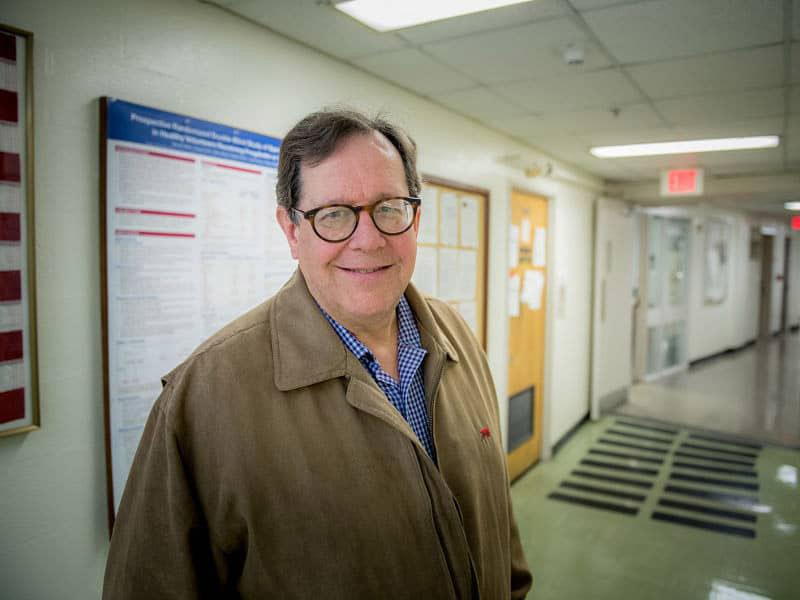Tulane-led study published in NEJM finds new treatment for aggressive prostate cancer
A new cancer treatment is offering hope to patients with late-stage prostate cancer, and the results are now published in the New England Journal of Medicine (NEJM). Dr. Oliver Sartor, medical oncologist and C. E. and Bernadine Laborde Professor of Cancer Research at Tulane University School of Medicine, is lead author of the study, which used engineered radioactive molecules to target prostate cancer cells and inhibit tumor growth. The treatment extended survival for patients with advanced prostate cancer.
“These patients had received essentially all the available therapies,” Dr. Sartor said in an interview with The New York Times. “This is the first drug targeted to the tumor that actually results in overall survival benefit among incredibly, heavily pretreated patients.”
In the clinical study researchers compared 177Lu-PSMA-617, a targeted radioligand therapy, against the current standard of care for men with metastatic castration-resistant prostate cancer (mCRPC). Radioligand therapy combines a targeting compound that binds to markers expressed by tumors and a radioactive isotope, causing DNA damage that inhibits tumor growth and replication. This approach enables targeted delivery of radiation to the tumor, effectively killing the cancer cells while limiting damage to the surrounding normal tissue.
The NEJM article describes how patients were studied for more than 20 months, and that those who received the radioligand therapy both lived longer and had a better quality of life in those extra months. The therapy appears to have very few side effects and Sartor anticipates that within the next year it will receive approval from the U.S. Food and Drug Administration.
The trial was sponsored by Endocyte Inc., a Novartis company.

